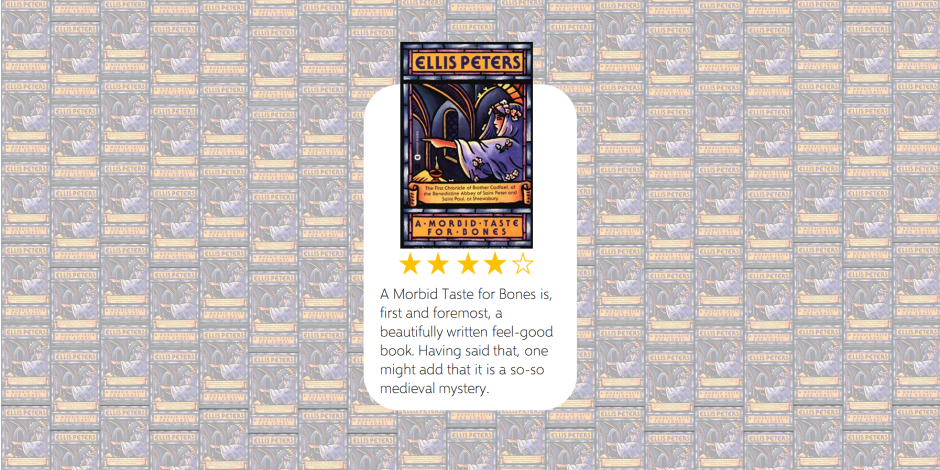It has been a long while since I have honoured the name of my blog with books. I know. I’ve had so many bad experiences with romance novels in recent years, I needed a break. The break, ladies and gentlemen, is over, and I’m proud (and more than happy) to give you, not one, but two hearty recommendations. For all of you who care about historical romance and spicy stuff, that is.
But first, an unnecessary introduction and superfluous information!
At the start of this year, in part to assuage the horrible disregard mentioned in the first sentence, my friend and I formed a book club: 2Neurons or Less, which was soon joined by another friend, also of the female persuasion. The name of the book club attempts to illustrate that the books to be read are to be simple, fun, and, if possible, hot as hell, with little mental effort required during and after reading. So, basically, zero Personal Edification.
The first two books were mediocre to bad, and both were of my choosing. Christina Lauren’s Love and Other Words was ok, in the yeah-whatever-ok sense. Nazri Noor’s Prince of Flowers is possibly the worst book I have ever read. Glad I read it because I did not know that a book can fail on every single level.
Desperate and distraught, the third to join our club was tasked with selecting the third book, because the book club had already been down in the doldrums. And boy, did she get it right with Heartbreaker by Sarah MacLean. I’ve previously read only one book by MacLean and I remember it was decent. But Heartbreaker is definitely more than decent. Yes, there are some awkward moments in the book, things I did not like, but they fade when the story really gets going.
I recommend Heartbreaker because:
- The two protagonists are hard not to love and care about.
- There are other characters with actual personalities who are likeable, some more some less,
- The romance develops marvelously, no big misunderstanding.
- Neither of the protagonists suddenly turns into a halfwit to prolong suspense and excitement.
- The chemistry between the characters is perfect and believable (not just the protagonists, mind you).
- The spice is decent to very good, not cringeworthy and, for most part, you don’t have to skip it in frustration.
- There’s a story in here, people. Yes, it serves to get our two protagonists together, but at the same time it is actually interesting, exciting and worth the while.
Now, at the very start of Heartbeaker, I felt a bit disappointed that the love interest of the story is a Duke. Adelaide is the daughter of a crime boss, and I taught it would make for a good story if she were to get entangled with a man of dubious repute. Then my mind was filled with thoughts of Thomas Shelby, as it is more often than I care to admit. Literally immediately after finishing Heartbreaker (at around 00:30 this morning) I ventured to find a book that would help me scratch that itch. I did not expect much, what with my recent success rate. But I’m no quitter.
So, this morning, at around 00:45 I started reading The Devil of Downtown by Joanna Shupe. I expected to relinquish it by 01:30, but instead it’s now on the list of books which I have read this year. Pretty much everything I have written about Heartbreaker can be applied to The Devil of Downtown. It is nearly as good (less layered and complex), and the biggest difference is that it is set in New York and that this time the criminal element is male.
Damn, I forgot how much I enjoy a good Guilty Pleasure book.






















